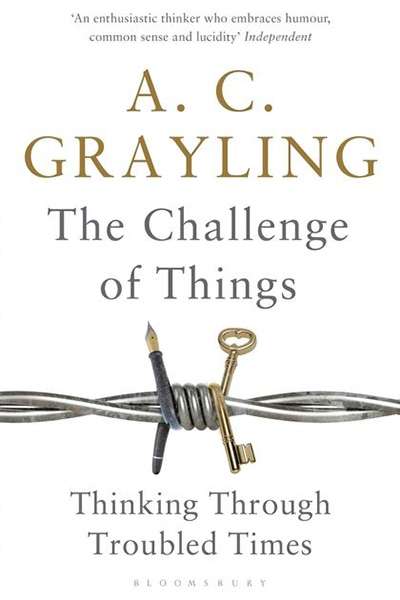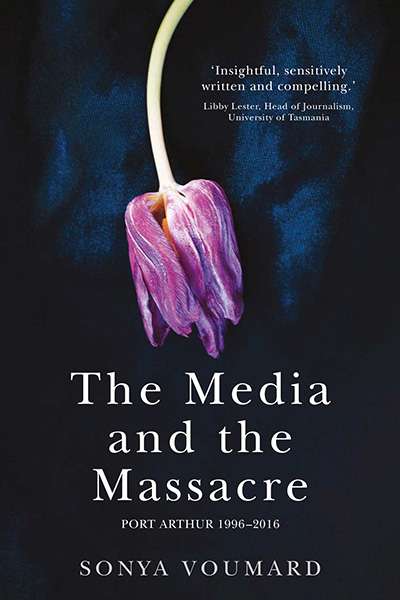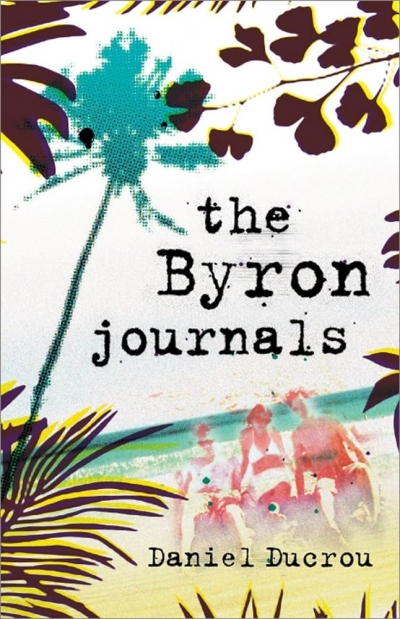In Brief
Enemy: A Daughter’s Story of How Her Father Brought the Vietnam War Home by Ruth Clare
by Carol Middleton •
The Challenge of Things: Thinking Through Troubled Times by A.C. Grayling
by Simon Caterson •
The Media and the Massacre, Port Arthur 1996-2016 by Sonya Voumard
by Carol Middleton •
Griffith Review 28: Still the Lucky Country? edited by Julianne Schultz
by Jay Daniel Thompson •








